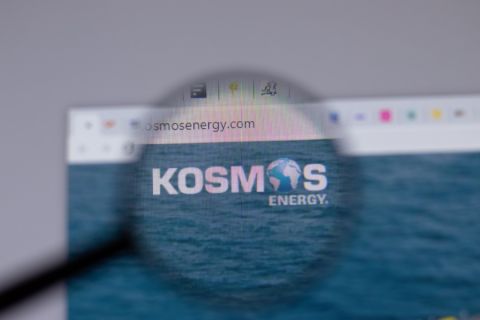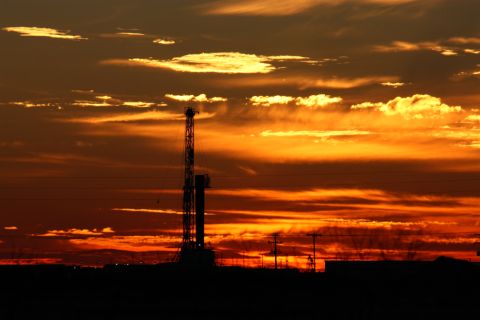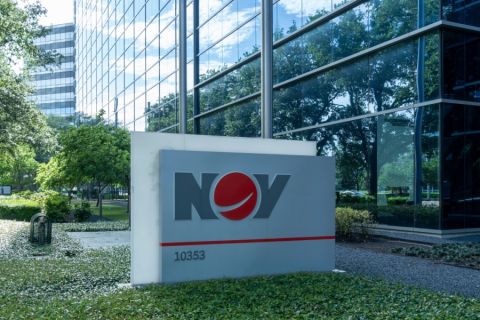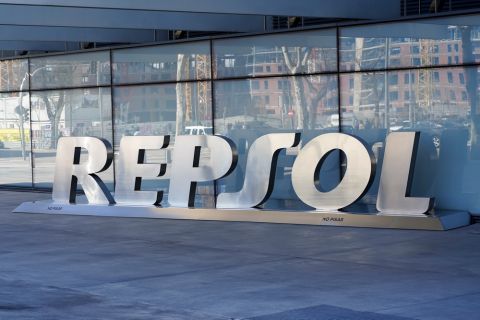
If, as they say, politics makes strange bedfellows, then the petroleum industry and politicians make quite the pair. It’s a messy bed though. At some points in time, the oil and gas industry sets aside its free-market stance to cozy up to Washington and ask for help, i.e., to stop those low-cost oil imports from OPEC; open up access to more federal lands; hire more staff for the permitting process at the BLM.
At other times, the industry turns its back on the federal government and says, keep your hands off us; don’t take away our tax deductions; you are killing us with delays and obstruction and moratoria.
The politicians are equally guilty of having two different approaches to energy. They love to say we need to wean ourselves off dirty fossil fuels, and yet in the same breath, they tout the surging natural gas supply right under our feet, as Obama said during his recent Democratic National Convention speech.
They love to hate the industry, but now that domestic production is rising and creating jobs, they try to take credit for it. They dislike oil and gas companies, but they sure look to them for incremental dollars when the Treasury is running low—not to mention campaign dollars!
The fact is, politicians and the entire U.S. population need the oil and gas industry for the energy it supplies, the jobs it creates, the taxes it pays, and the stock-price appreciation and dividends found in the investment portfolios of millions of people.
And so, energy is a key topic during this election cycle. Elsewhere in this issue, you’ll see our exclusive interview with former House Speaker Newt Gingrich, on energy policy. He spoke on the topic at our 11th annual A&D Strategies and Opportunities Conference in Dallas last month.
During their national convention in September, the Democratic Party claimed—some would say outrageously—that American citizens are better off now than they were four years ago. We could debate that all day long and into the night. The fact that McDonald’s now serves a selection of premium coffees as good as Starbucks’ is one measure of economic progress, I guess.
But in the U.S. energy space, the claim that we are better off is resoundingly true. Where once the U.S. imported close to 60% of its crude oil needs, it now imports about 42%. Energy costs for gas utilities are down. Feedstock costs for gas-fired manufacturing plants are also down, prompting plans for expansions, reopened plants and even new plants.
Where once they moaned about there not being enough good new prospects to drill, E&P companies are now trying everything in the book to fund literally tens of thousands of oil and shale-gas and tight-oil locations.
The real issue is, where do we go from here? How do we keep the energy momentum going strong without jeopardizing earnings for oil and gas companies and profits for investors? How do we continue to protect the environment without going too far the other way, imposing overly picky rules? Finally, how do we educate the public—and new Congressional staffers—about what’s really going on?
Both the Republican and Democratic parties’ platforms, as hammered out this summer, recognize the importance of energy, in particular, natural gas for transportation and manufacturing. Both espouse an all-of-the-above energy supply, but they diverge significantly on the many details.
“We will continue to advocate for the use of this clean fossil fuel (natural gas), while ensuring that public and environmental health and workers’ safety are protected,” say the Dems. “Democrats will fight to cut tax subsidies for Big Oil while promoting job growth in the clean energy sector, so we can cut the deficit and increase jobs and growth in America.”
Well, would someone remind them: The biggest of the Big Oils, ExxonMobil, derives a large portion of its production from natural gas. And Shell gets more than 50% of its production from natural gas.
Surprisingly, one of the most radical ideas was Mitt Romney’s: He proposes to hand over to the states control on issuing drilling permits for wells on federal lands. That may sound good, but it is definitely a nonstarter.
Virginia (Gigi) Lazenby, chief executive of private independent Bretagne LLC and current chair of the IPAA, says government must encourage energy development, not stifle it.
To that we say amen.
There’s nothing like a face-to-face event to hear from industry leaders, learn more about opportunities and share solutions. We have several dynamic events coming up. DUG-Eagle Ford is this month on October 15 and 16 in San Antonio. Speakers at DUG-East in Pittsburgh will bring you the latest on the Marcellus and Utica plays on November 14 and 15.
New this year, we have created the Rockies Midstream Conference in Denver on December 5 and 6. And, we have DUG Midcontinent in Tulsa on January 24, with a focus on the Granite Wash, Mississippi Lime and other plays—these stacked pays make for stacked opportunities, and packed conferences!
Recommended Reading
Kosmos Energy’s RBL Increased, Maturity Date Extended
2024-04-29 - Kosmos Energy’s reserve-based lending facility’s size has been increased by about 8% to $1.35 billion from $1.25 billion, with current commitments of approximately $1.2 billion.
Barnett & Beyond: Marathon, Oxy, Peers Testing Deeper Permian Zones
2024-04-29 - Marathon Oil, Occidental, Continental Resources and others are reaching under the Permian’s popular benches for new drilling locations. Analysts think there are areas of the basin where the Permian’s deeper zones can compete for capital.
NOV Announces $1B Repurchase Program, Ups Dividend
2024-04-26 - NOV expects to increase its quarterly cash dividend on its common stock by 50% to $0.075 per share from $0.05 per share.
Repsol to Drop Marcellus Rig in June
2024-04-26 - Spain’s Repsol plans to drop its Marcellus Shale rig in June and reduce capex in the play due to the current U.S. gas price environment, CEO Josu Jon Imaz told analysts during a quarterly webcast.




